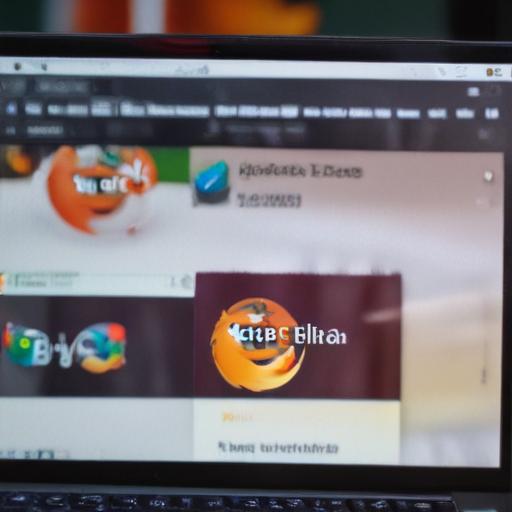Mozilla, the company behind Firefox, recently announced the upcoming shutdown of both the bookmarking service Pocket and the review analysis tool Fakespot, with the closures set for early July. In a blog post explaining this decision, Mozilla highlighted its commitment to reallocating resources towards initiatives that can make the most substantial impact.
Founded in 2007 as Read It Later, Pocket was designed to allow users to bookmark articles for later reading. However, as web usage has evolved, the traditional concept of saving text-based articles for later consumption now feels somewhat outdated. Many users find similar or improved functionalities within modern browsers, which offer various tools such as built-in bookmark management, dedicated reading lists, and options to create simplified versions of articles for easier reading.
The integration of Pocket’s features into Firefox indicates a shift towards streamlining web browsing experiences, while the discontinuation of Fakespot suggests a strategic pivot away from services that may no longer align with Mozilla’s sustainability goals. This evolution reflects broader trends in how users engage with online content and signifies a move toward more integrated solutions within web browsers.
In summary, while it is sad to see Pocket and Fakespot go, the ongoing adaptation of web services in response to user habits signifies a hopeful transition towards more efficient online experiences. The closure allows Mozilla to focus on innovations that will better serve their users in a rapidly changing digital landscape.
